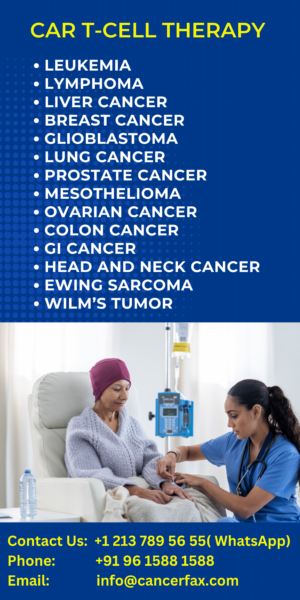Braftovi (Encorafenib)
Introduction
Within the field of cancer, the pursuit of effective and precise treatments has resulted in significant breakthroughs in targeted medicines. Braftovi (Encorafenib) is a significant advancement in the field, providing optimism and enhanced results for people fighting certain forms of cancer. This article explores the scientific aspects of Braftovi, including its mechanism of action, therapeutic uses, clinical effectiveness, and the future of targeted cancer treatment.
Understanding Braftovi (Encorafenib)
Braftovi, scientifically referred to as Encorafenib, is a kinase inhibitor of small molecular size that is specifically designed to target genetic alterations that are linked to cancer. It is classified as a BRAF inhibitor drug. The medicine is mostly used to treat advanced melanoma, particularly in individuals with BRAF V600E or V600K mutations, which are present in almost 50% of melanoma cases.
Action Mechanism
Braftovi works because it targets the MAP kinase pathway correctly. This is a signaling cascade that is linked to cell growth and proliferation. Mutations in the BRAF gene in melanoma cause aberrant activation in this pathway, leading to uncontrolled cell proliferation and the development of tumors. The drug encorafenib stops the mutant BRAF protein from doing its job. This breaks down the abnormal signaling pathway and stops the cancer from spreading.
Medical Uses and Research Studies
Braftovi, commonly used alongside binimetinib (a MEK inhibitor), has exhibited substantial effectiveness in clinical trials. The COLUMBUS study (NCT01909453 is an example) looked at how well Encorafenib and binimetinib work together compared to vemurafenib (another BRAF inhibitor) in treating BRAF-mutant melanoma patients. The results demonstrated enhanced progression-free survival and overall response rates in the Encorafenib-binimetinib group.
Effectiveness in Clinical Practice and Impact on Patient Health
The regulatory clearance of Braftovi by agencies such as the FDA and EMA highlights its clinical advantages and safety record. Encorafenib-treated patients have reported higher response rates and longer life compared to conventional chemotherapy. Furthermore, the drug’s focused approach reduces the overall toxicity in the body, resulting in a treatment that is more easily tolerated by patients.
Safety Profile and Adverse Effects
Similar to other drugs, Braftovi is linked to potential side effects, it is typically well-tolerated. Typical side effects include feelings of sickness, tiredness, loose bowel movements, and skin sensitivities. Significantly, the occurrence of serious adverse effects such as secondary skin malignancies is comparatively low in relation to conventional chemotherapeutic drugs.
Future Implications and Research Directions
The success of Braftovi serves as a prime example of the potential of targeted medicines in the field of oncology. Current research is focused on broadening the application of Encorafenib to additional types of cancer that include BRAF mutations, such as colorectal cancer. Furthermore, ongoing initiatives are being carried out to discover biomarkers that can accurately forecast the effectiveness of treatments, thus enabling tailored cancer treatment.
Conclusion
To summarize, Braftovi (Encorafenib) signifies a significant breakthrough in the treatment of BRAF-mutant melanoma and potentially other types of cancer. The precise functioning of this treatment, along with its proven effectiveness and safety, highlights the potential of precision medicine in the field of cancer treatment. With advancing research and increasing knowledge of cancer biology, targeted medicines such as Braftovi have the potential to revolutionize the treatment of cancer. This brings new hope to both patients and clinicians in their battle against the disease.
To summarize, Braftovi (Encorafenib) is a groundbreaking medication that exemplifies the possibilities of targeted therapy in the field of oncology. The effectiveness of treating specific genetic abnormalities associated with melanoma highlights a new paradigm in cancer treatment, focusing on tailored treatments and enhanced patient outcomes.
- Comments Closed
- April 7th, 2024









Privacy Overview